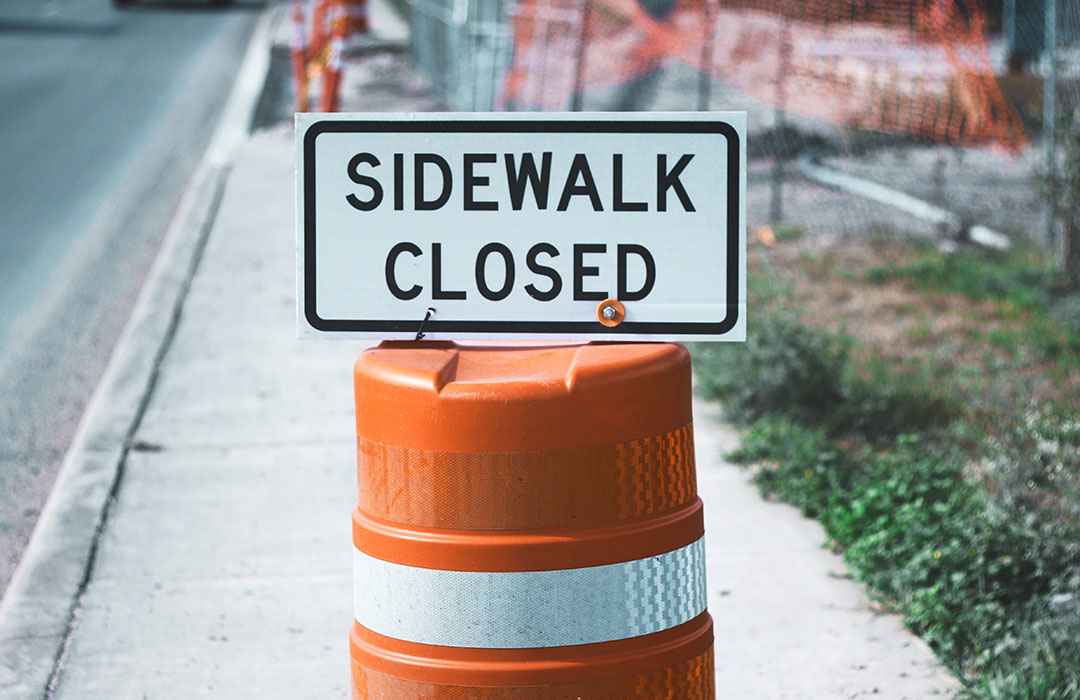
- New research says that construction workers are more likely to use cocaine and opioids than workers in other industries; they are the second most likely to use marijuana.
- Researchers used the National Survey on Drug Use and Health to analyze a dataset of 293,492 adults, including 16,610 construction workers, from 2005-2014.
- Participants answered questions about workplace drug policies and their personal use of cocaine, marijuana, and prescription opioids.
- The research team found that construction workers reported the highest frequency of opioid misuse and cocaine use, and they reported the second highest frequency of marijuana use.
- Researchers are not surprised by their discoveries; instead, they say it makes sense that these individuals have higher rates of drug use, considering the labor-intensive work and frequency of injuries.
- The researchers conclude that prevention and harm reduction programs are necessary to prevent drug-related risks and mortality amongst construction workers.
Quick Summary
According to a new study “Construction trade and extraction workers: A population at high risk for drug use in the United States, 2005-2014,” published in Drug and Alcohol Dependence, construction workers are the most likely out of all workforces to use cocaine and misuse opioids (e.g., using for recreational purposes). Additionally, construction workers are the second most likely to use marijuana.
Investigation
Researchers analyzed data from 2005–2014 from the National Survey on Drug Use and Health. The dataset included 293,492 US adults, including 16,610 construction, mining, and extraction workers. Researchers compared these participants to workers in 13 other fields.
Participants answered questions about the drug policies at their workplace, and their personal use of cocaine and marijuana within the past month. Additionally, they answered questions about their own nonmedical use of prescription opioids.
Findings
The research team found that construction workers reported the highest frequency of misusing opioids and cocaine use. Additionally, they reported the second highest frequency of marijuana use after those in the service industry: 12.3% compared with 12.4%. There were a few additional significant findings:
- The researchers saw that construction workers who had unstable jobs or missed work were more likely to use drugs.
- Those who were unemployed in the week prior and those who work for three or more employers were more likely to use marijuana or misuse prescription opioids.
- Those who missed 1-2 days in the last month due to not wanting to work were more likely to use marijuana, cocaine, and opioids.
- Those who missed 3-5 days of work in the past month due to injury or illness were more than twice as likely to miscue prescription opioids.
Implications
These findings come as no surprise to the research team. Researchers say these higher rates make sense, considering: this line of work is labor-intensive and fraught with injuries, and opioids and marijuana can help to relieve pain.
The researchers conclude that prevention and harm reduction programs are necessary to prevent drug-related risks and mortality among this group of individuals.
Source
Ompad, D. C., Gershon R. (2019, October 30). Construction trade and extraction workers: A population at high risk for drug use in the United States, 2015-2014. Drug and Alcohol Dependence. Retrieved from https://www.sciencedirect.com/science/article/abs/pii/S037687161930417X?via%3Dihub
New York University. (2019, October 30). Of all professions, construction workers most likely to use opioids and cocaine: Study points to need for programs to prevent drug-related harm among workers in risky industry. ScienceDaily. Retrieved December 10, 2019 from www.sciencedaily.com/releases/2019/10/191030082825.htm
Let’s keep in touch! Sign up to receive our newsletter:
Start a Relationship with An Exceptional Counselor
- Skilled and caring professional counselors
- Accepting all major and most insurances
- High-touch customer service & premium benefits
- Same- or next-day appointments
- Ultra-flexible 23.5hr cancellations














Yes, I expect there to be a great incidence of workplace injury if they’re all high. Duh!
The construction workers in my area are clean cause they are lazy looking.
Just go ahead and gloss over the people that work in the service industry. Who cares about them, right? SMH
Considering the link between the drug use and the work being “labor intensive” and “fraught with injuries”, I’d say yeah, gloss right over them. I’ve done both, no comparison.